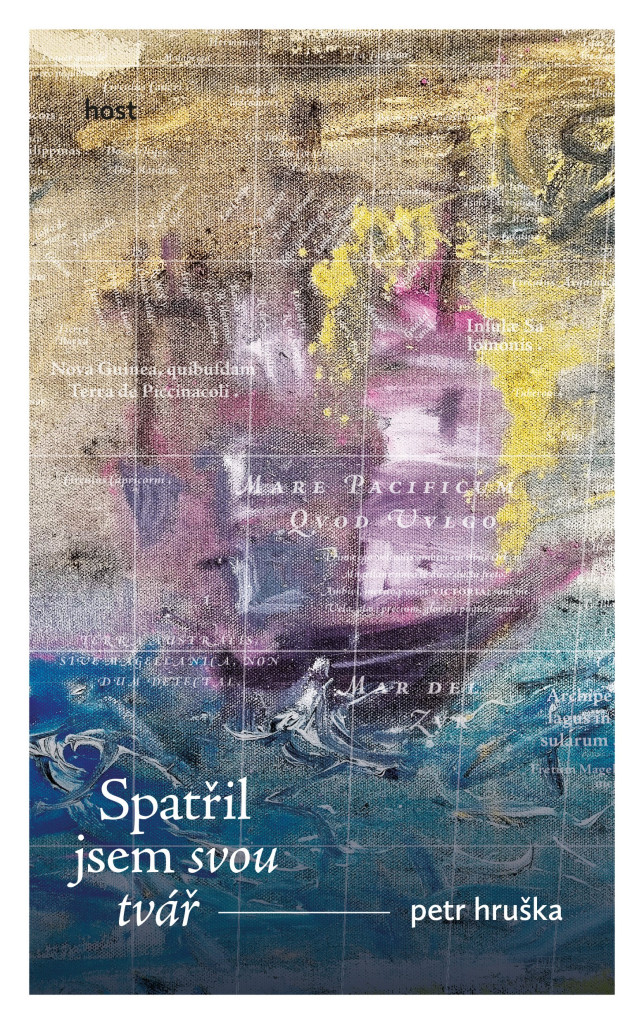Poems from the deck on which the struggle for humanity is fought
Poetry
Petr Hruška has been widely considered as one of the most important Czech poets with his poems based on focused observation. But his latest book, I Caught Sight of My Face, has really taken readers’ breath away. The theme of the collection is not the present, but rather the past. And lyricism here is replaced by epic, and not just any epic: the poetic cycle draws on The First Voyage around the World, written exactly five hundred years earlier for the imperial court by Antonio Pigafetta, one of the participants in Ferdinand Magellan’s voyage of discovery. However, the reader should not expect a glorious saga of human heroism and conquest. In fact, it is quite the opposite: Hruška adopted the fictional perspective of a Venetian adventurer to show that human behaviour has not changed in half a millennium. Man remains an anxious, insecure, sometimes cowardly, evil, xenophobic and violent being. It is an easy-to-read, uncomplicated, yet at the same time deeply profound book.

Petr Hruška (1964) is a poet and literary historian who lives in Ostrava. His poetry has won a number of state and international awards, including the Czech State Award for Literature in recognition of his collection Darmata (To No Travail, 2012), and the Magnesia Litera, the most prestigious annual literary award in the Czech Republic, for his newest collection, Spatřil jsem svou tvář (I Caught Sight of My Face, 2022), an extended meditation on Magellan’s voyage around the world. He writes screenplays, publishes a literary magazine, co-organizes literary events and festivals, and participates in civic initiatives for environmental causes and the preservation of cultural monuments in his region. Hruška also writes short stories, columns, and essays, many of which are collected in V závalu (Cave-In, 2020). He works at the Czech Academy of Sciences in Prague, specializing in poetry from the twentieth century to the present, and is the author of scholarly articles and books on Czech poetry. Collections of Hruška’s poetry have been published in French, German, Polish, Italian, Hungarian, Romanian, and Croatian translation.
